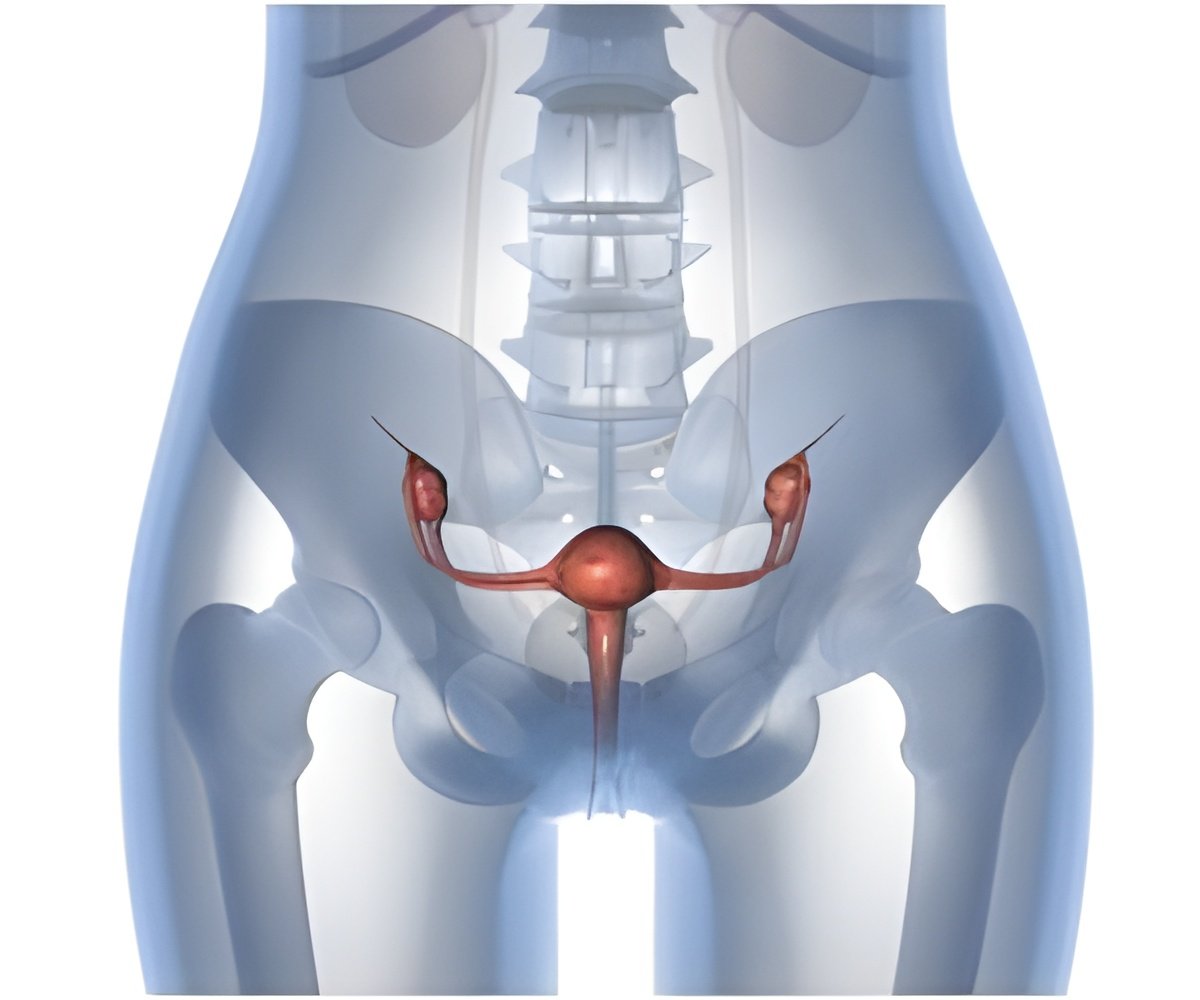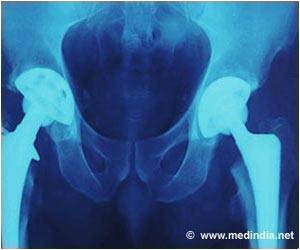Arthroscopic hip surgery may not be the best option, especially if a patient is over 60 years or has arthritis, revealed a new study.
Hip arthroscopy by an experienced orthopedic surgeon is an excellent procedure to treat hip impingement, labral tears and loose cartilage in the hip joint causing symptoms. It is often performed in younger patients with the hope of relieving their symptoms and lowering their risk of future hip arthritis. Most studies to date have looked at arthroscopic hip surgery in this patient population, finding good results overall.
Hip arthroscopy was not a very common procedure 10 years ago. It is a difficult procedure technically to perform. Given the choice between minimally invasive hip surgery and total hip replacement, most patients would choose the less invasive procedure, often done on an outpatient basis. But a study by researchers at Hospital for Special Surgery (HSS) in Manhattan finds that arthroscopic surgery may not be the best option, especially if a patient is over 60 years or has arthritis.
TOP INSIGHT
Arthroscopic hip surgery may not be the best option, especially if a patient is over 60 years or has arthritis.
Analyzing patient databases from California and Florida, researchers looked at how many patients ended up needing a hip replacement within two years of arthroscopic hip surgery. The study, published in
Arthroscopy: The Journal of Arthroscopic and Related Surgery, found that more than one-third of the patients ages 60 to 69 went on to have a hip replacement. Arthritis of the hip and obesity were also major risk factors, with a significantly higher number of these patients needing a hip replacement within two years.
"We launched the study because the use of arthroscopic hip surgery has grown tremendously in the last decade," said William Schairer, M.D., lead author. "Between 2006 and 2010 alone, the number of hip arthroscopies performed in the United States increased more than 600 percent."
David Mayman, an orthopedic surgeon at HSS and senior study author, said, "Over the last decade, the technology has improved and a lot more orthopedic surgeons have been trained to do it. More patients are also asking if they are candidates. One of the goals of our study was to determine the proper indications for arthroscopy. We found that a lot of arthroscopy was being done in people in whom the indications were not sound."
For the current study, HSS researchers identified 7,351 patients in the California and Florida databases who had arthroscopic hip surgery with a two-year follow-up from 2005 through 2012. Patients were divided into groups based on their age: those younger than 40; those ages 40 to 49; ages 50 to 59; 60 to 69; and 70 or older. Researchers also determined which patients had received a diagnosis of hip arthritis before arthroscopic surgery and identified those who were obese.
Only 3% of patients younger than 40 went on to have a hip replacement, compared to 35% of patients who were 60 to 69, the age group more likely to have arthritis. In addition to arthritis, obesity was found to be a major risk factor for needing a hip replacement within two years.
"There is growing concern regarding the efficacy of hip arthroscopy in patients with pre-existing hip arthritis," Dr. Schairer said. "Previous smaller studies have also noted a worse prognosis in these patients, with most advising against hip arthroscopy in patients with more than mild arthritis. This is important information for patients and surgeons so they can have a real discussion about what types of treatments would be most beneficial in the long run based on a patient''s individual circumstances."
"Hip arthroscopy is a very good procedure in the right patient. It's a major advance in treating certain hip conditions, but not hip arthritis," Dr. Mayman said.
Source-Newswise

 MEDINDIA
MEDINDIA




 Email
Email










